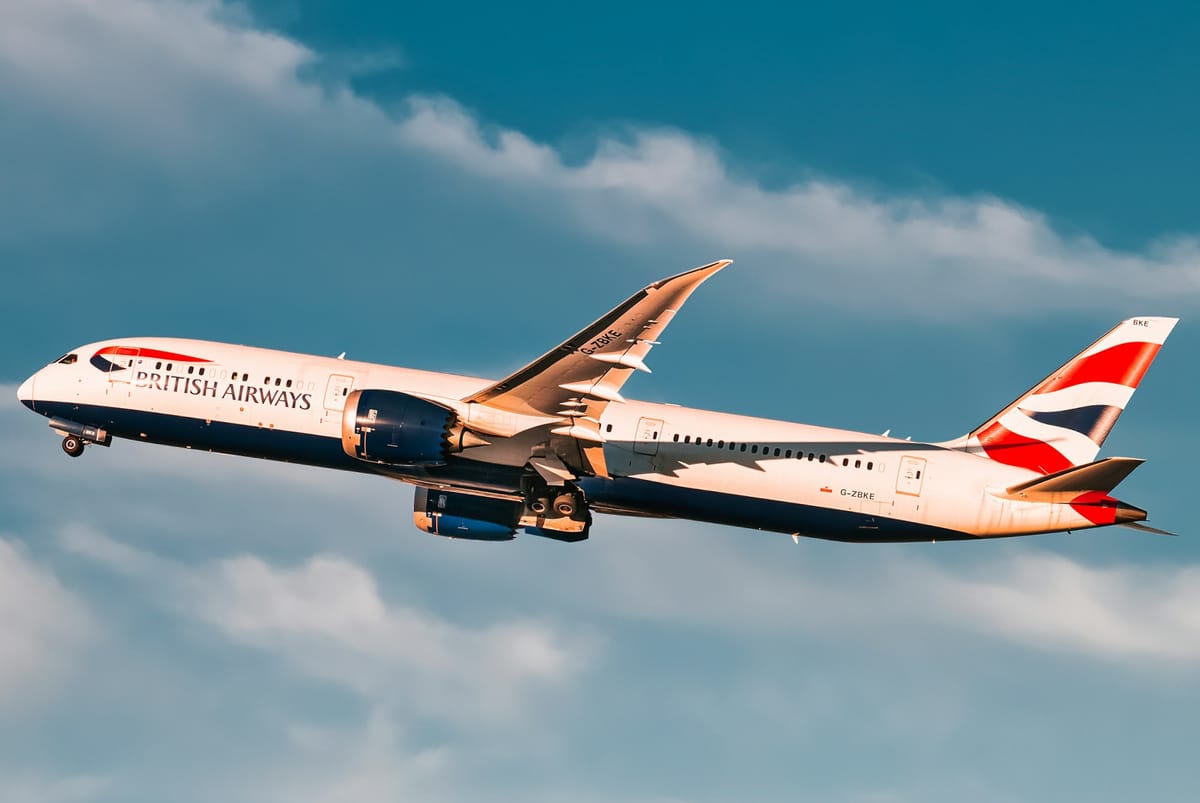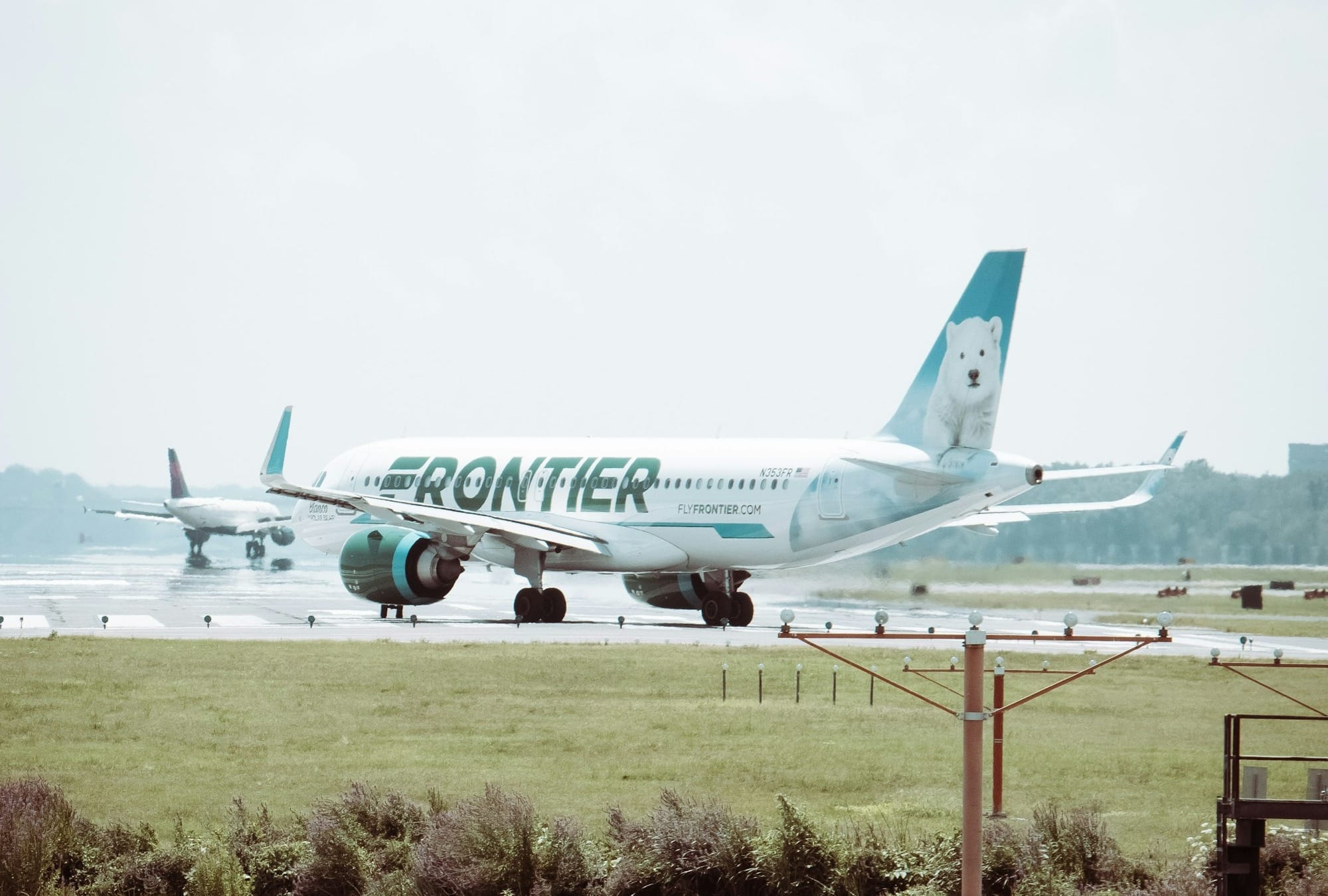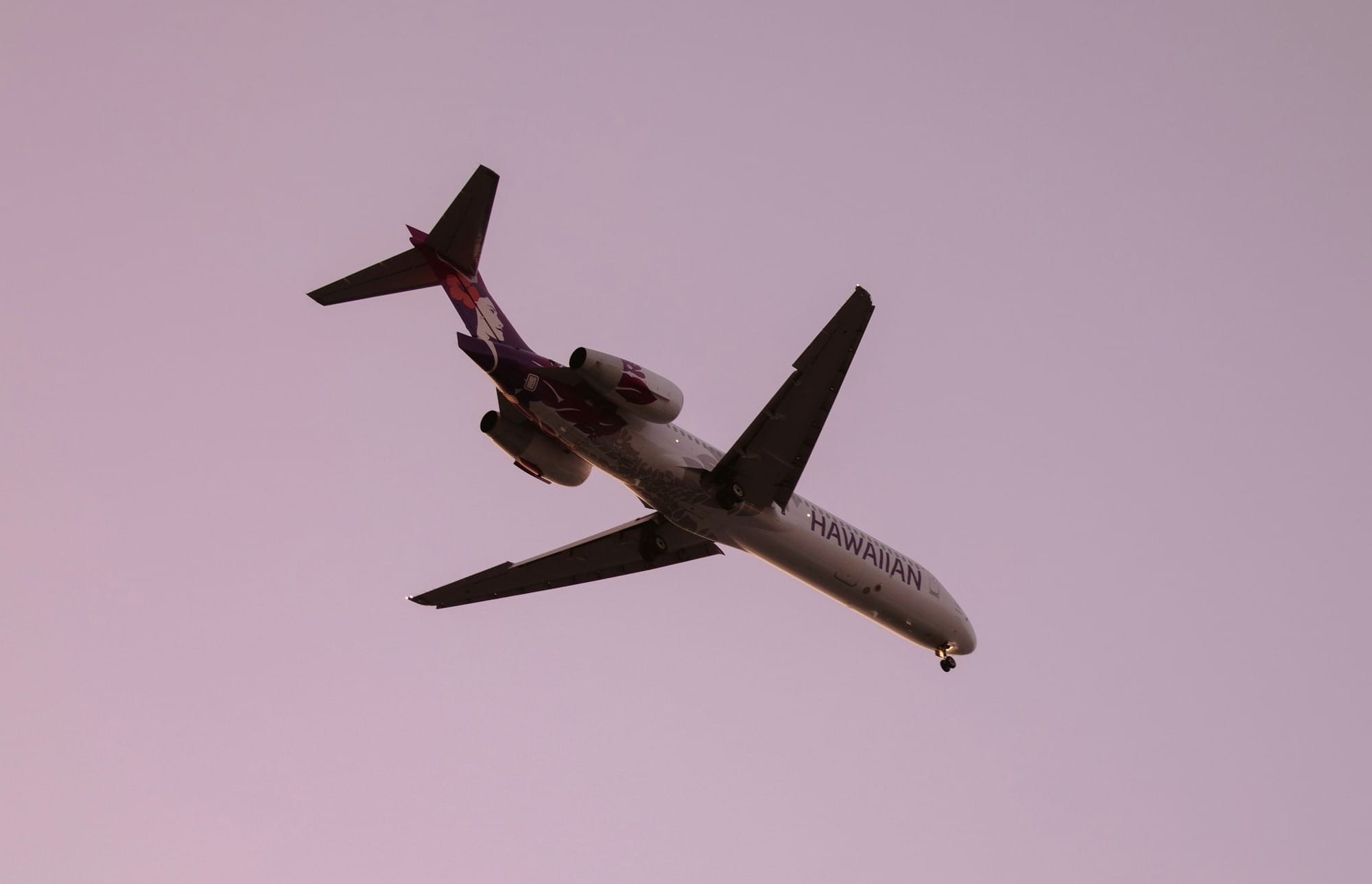British Airways Funds Training for Prospective Pilots: A Leap Forward for Aspiring Aviators
The aviation industry is witnessing a significant development as British Airways (BA) takes an unprecedented step towards nurturing the next generation of pilots. In a groundbreaking move, the airline has committed to funding the training costs for 60 prospective pilots.


British Airways Funds Training for Prospective Pilots: A Leap Forward for Aspiring Aviators
Key Takeaways:
- British Airways has announced a funding initiative for 60 prospective pilots.
- The program aims to diversify the cockpit and make aviation careers more accessible.
- This investment reflects a commitment to the industry's growth and the nurturing of new talent.
The aviation industry is witnessing a significant development as British Airways (BA) takes an unprecedented step towards nurturing the next generation of pilots. In a groundbreaking move, the airline has committed to funding the training costs for 60 prospective pilots. This initiative not only opens the door for many aspiring aviators but also signals a positive shift in the accessibility of aviation careers.
A Milestone for Aviation Careers
British Airways' decision to fund pilot training is a milestone in the aviation industry. Traditionally, the cost of pilot training has been a formidable barrier for many, often exceeding £100,000. By removing this financial hurdle, BA is democratizing the pathway to becoming a pilot, allowing talent and passion to be the driving forces behind a successful aviation career.
The program is set to expand opportunities for individuals who have the aptitude but not the means to pursue such a career. This move is not just about funding; it's about fostering diversity in the cockpit and ensuring that the future of aviation is shaped by a wide range of perspectives and experiences.
Investing in the Future of Flight
British Airways is not only investing in individuals but in the future of the aviation industry itself. The airline recognizes that a vibrant and diverse pool of pilots is essential for the industry's growth and sustainability. By funding pilot training, BA is effectively planting seeds for the future, ensuring that the industry continues to thrive with well-trained, passionate professionals at the helm.
This initiative also reflects a strategic response to the predicted global pilot shortage. By creating a more accessible entry point into the profession, British Airways is proactively working to ensure that it has a steady stream of qualified pilots to support its operations in the years to come.
Advertising
A Commitment to Diversity and Inclusion
Diversity and inclusion are at the heart of British Airways' funding program. The airline is actively seeking to break down the stereotypes of what a pilot looks like and who can become one. By providing financial support, BA is opening the cockpit to a more diverse group of individuals, including women and people from various socio-economic backgrounds.
The initiative is a clear statement that the airline values diversity not only as a social responsibility but as a key component of its business strategy. A diverse workforce brings different viewpoints and ideas, which can lead to innovation and improved decision-making within the company.
The Selection Process: Finding the Right Candidates
British Airways has set up a rigorous selection process to identify the most promising candidates for the funded training program. The selection criteria are designed to assess a range of skills and attributes, including cognitive abilities, hand-eye coordination, and the potential for leadership.
Prospective pilots will undergo a comprehensive assessment to ensure that those chosen for the program have the necessary qualities to succeed in the demanding world of aviation. This process ensures that the investment BA is making in each individual has the highest chance of yielding a return in the form of a skilled, competent pilot.
The Training Journey: From Classroom to Cockpit
Once selected, the prospective pilots will embark on an intensive training journey that will take them from the classroom to the cockpit. The training will cover all aspects of flying, from the theoretical knowledge of aerodynamics and navigation to the practical skills of aircraft operation and safety procedures.
The training is designed to be rigorous and challenging, preparing the trainees for the realities of a pilot's life. British Airways' investment will cover the cost of this training, providing the trainees with the resources and support they need to succeed.

The Economic Impact of Training Pilots
The funding of pilot training by British Airways is not only a significant investment in individuals but also in the economy. The creation of new pilots can stimulate economic growth by supporting jobs in the aviation sector and related industries.
Moreover, as these pilots enter the workforce, they will contribute to the economy through their earnings and the taxes they pay. The ripple effect of this investment can be far-reaching, benefiting not just the airline but the broader economy as well.
The Role of Technology in Modern Pilot Training
Technology plays a crucial role in modern pilot training, and British Airways' funded program will make full use of the latest advancements. From flight simulators that replicate real-world flying conditions to computer-based training modules that allow for self-paced learning, technology enhances the training experience and prepares pilots for the digitalized cockpit they will encounter.
The use of technology also allows for more efficient and effective training, reducing the time and cost associated with traditional methods. This is yet another way in which BA's investment is forward-thinking and aligned with the evolution of the aviation industry.

Advertising
The Global Perspective: Addressing Pilot Shortages Worldwide
The initiative by British Airways addresses a concern that is not limited to the UK but is a global issue—the shortage of pilots. Airlines around the world are facing the challenge of recruiting and training enough pilots to meet the growing demand for air travel.
By funding pilot training, BA is setting an example for other airlines to follow. This proactive approach can inspire similar programs worldwide, contributing to the resolution of the pilot shortage on a global scale.
The Long-Term Benefits for British Airways
British Airways' investment in pilot training is expected to yield long-term benefits for the airline. By creating a pipeline of well-trained pilots, BA is securing its operational future. These pilots will be the ones to fly the new routes and aircraft that are part of the airline's expansion plans.
Furthermore, the goodwill generated by this initiative can enhance the airline's reputation, making it an employer of choice for aspiring pilots. This can lead to higher retention rates and a more motivated workforce, which are crucial for the airline's success.
The Impact on Aspiring Pilots and the Industry
For aspiring pilots, British Airways' funding program is a game-changer. It provides a viable path to a career that many may have thought was out of reach. The impact on the industry is equally significant, as it introduces fresh talent and helps to ensure a steady supply of pilots.
The program also sends a powerful message about the value of investing in people. By supporting the dreams and ambitions of aspiring pilots, British Airways is demonstrating a commitment to the individuals who will shape the future of aviation.
Advertising
Summary
British Airways' announcement to fund the training of 60 prospective pilots is a landmark decision with far-reaching implications. It represents a significant investment in the future of aviation, the economy, and the lives of those who dream of a career in the skies. The program is set to diversify the cockpit, address the global pilot shortage, and secure the airline's operational future. It is a testament to the power of opportunity and the importance of nurturing talent in every industry.



